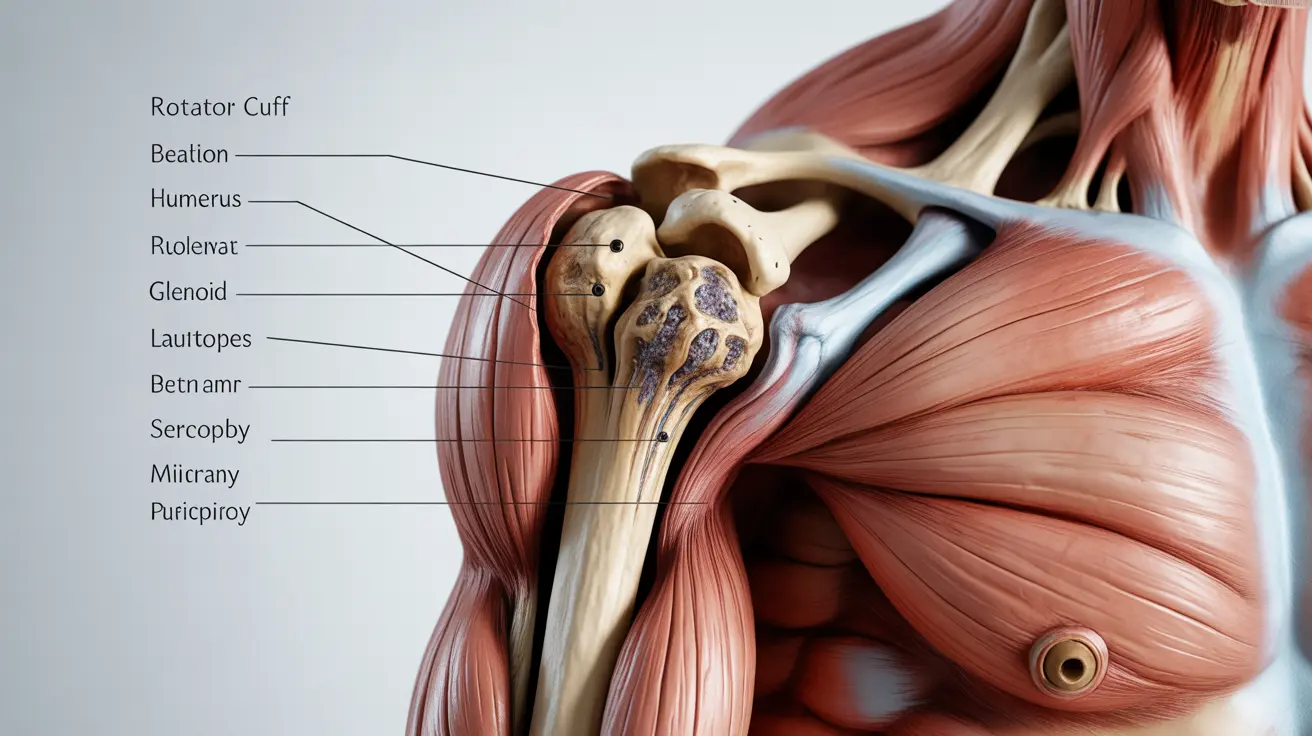When living with severe shoulder pain and limited mobility, the decision to undergo shoulder replacement surgery can be challenging. However, delaying this important procedure when it's medically indicated can lead to significant complications and potentially compromise your long-term shoulder health and quality of life.
This comprehensive guide explores the various risks associated with postponing shoulder replacement surgery and helps you understand why timely intervention may be crucial for optimal outcomes.
The Impact of Delayed Surgery on Pain and Daily Life
Postponing shoulder replacement surgery when it's needed can significantly impact your daily activities and overall well-being. Chronic shoulder pain typically worsens over time, making simple tasks like reaching overhead, getting dressed, or even sleeping increasingly difficult. This persistent pain can lead to:
- Reduced independence in daily activities
- Decreased quality of sleep
- Increased reliance on pain medications
- Development of compensatory movements that may affect other joints
- Potential depression and anxiety due to chronic pain
Progressive Joint Deterioration
When shoulder replacement surgery is delayed, the underlying condition causing the need for surgery often continues to progress. This can result in:
- Further cartilage breakdown
- Increased bone damage
- Development of bone spurs
- Progressive joint deformity
- Muscle atrophy and weakness
Complications from Surgical Delay
Waiting too long for shoulder replacement surgery can make the procedure more challenging and potentially lead to various complications:
Technical Surgical Challenges
- More extensive bone and tissue damage requiring complex surgical techniques
- Increased likelihood of needing bone grafts
- Greater difficulty in achieving optimal implant positioning
- Potentially longer surgery duration
Recovery Complications
- Extended rehabilitation period
- More challenging physical therapy
- Potentially incomplete range of motion recovery
- Increased risk of post-operative complications
- Longer time to return to normal activities
Impact on Long-term Outcomes
The timing of shoulder replacement surgery can significantly affect long-term results. Early intervention when indicated often leads to:
- Better preservation of shoulder mechanics
- More successful rehabilitation
- Higher likelihood of achieving optimal range of motion
- Improved long-term satisfaction with the procedure
- Better overall functional outcomes
Frequently Asked Questions
What are the main risks of delaying shoulder replacement surgery?
The main risks include worsening pain, progressive joint damage, muscle atrophy, increased surgical complexity, longer recovery time, and potentially poorer long-term outcomes.
How does postponing shoulder replacement surgery affect pain and shoulder mobility?
Delaying surgery typically results in increased pain intensity, further loss of range of motion, and progressive difficulty with daily activities. The shoulder joint may become stiffer and harder to move over time.
Can delaying shoulder replacement surgery make the procedure and recovery more difficult?
Yes, delays can make the surgery more technically challenging due to increased joint damage and deformity. This can lead to longer recovery periods and more complicated rehabilitation processes.
What complications can arise from waiting too long to have shoulder replacement surgery?
Complications may include increased bone loss, severe joint deformity, muscle deterioration, longer surgical time, higher risk of surgical complications, and potentially less satisfactory outcomes.
Why is timely shoulder replacement surgery important for long-term shoulder function and pain relief?
Timely surgery helps preserve joint structure, maintain muscle strength, and optimize surgical outcomes. It typically results in better pain relief, improved function, and higher patient satisfaction compared to delayed surgery.
Remember, the decision about when to undergo shoulder replacement surgery should be made in consultation with your orthopedic surgeon, who can evaluate your specific condition and help determine the optimal timing for your procedure.




